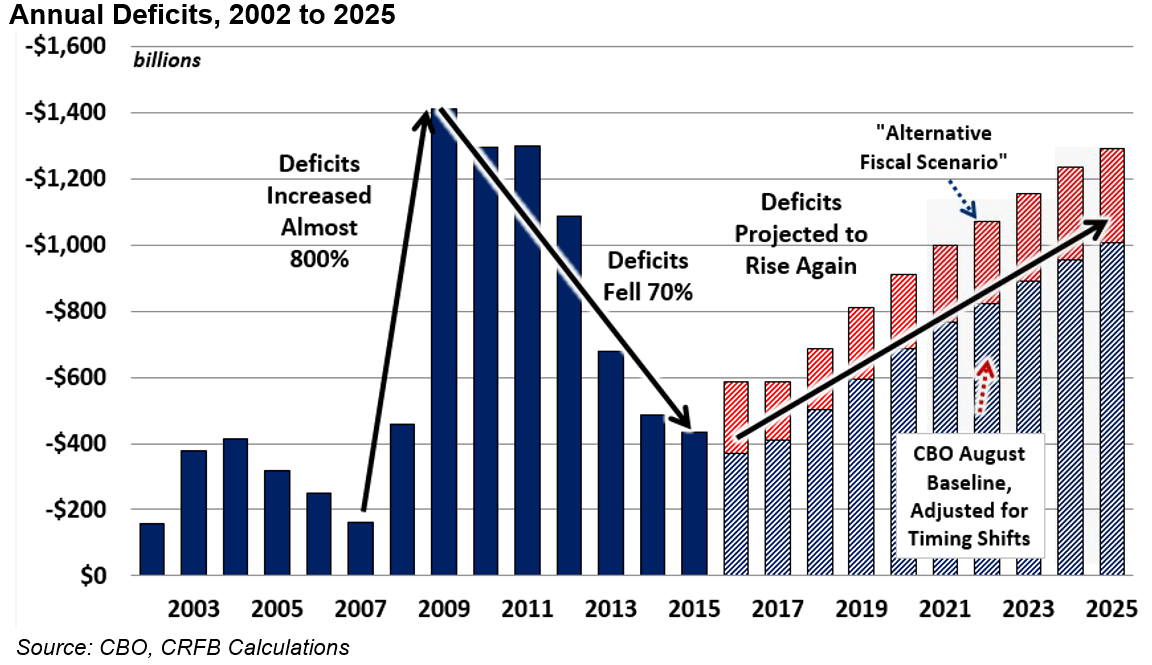skews13
Diamond Member
- Mar 18, 2017
- 9,441
- 11,864
- 2,265
So did reality correspond to the theoretical case made for the tax reform bill? We now have enough information to make a reasonably informed assessment. Unless you think that tax havens like Ireland, Bermuda or the Cayman Islands, all of which continue to feature as major foreign holders of U.S. Treasuries, have suddenly emerged as economic superpowers, the more realistic interpretation of the data shows the president’s much-vaunted claims about the tax reform to be bogus on a number of levels. Even though some dollars have been “brought home,” there remain trillions of dollars domiciled in these countries (at least in an accounting sense, which I’ll discuss in a moment). If anything, the key provisions of the new legislation have given even greater incentives for U.S. corporations to shift production abroad, engage in yet more tax avoidance activities and thereby exacerbate prevailing economic inequality. Which, knowing Donald Trump, was the whole point in the first place.
The numbers are definitively in: Trump’s tax cuts were an economic dud
The numbers are definitively in: Trump’s tax cuts were an economic dud


